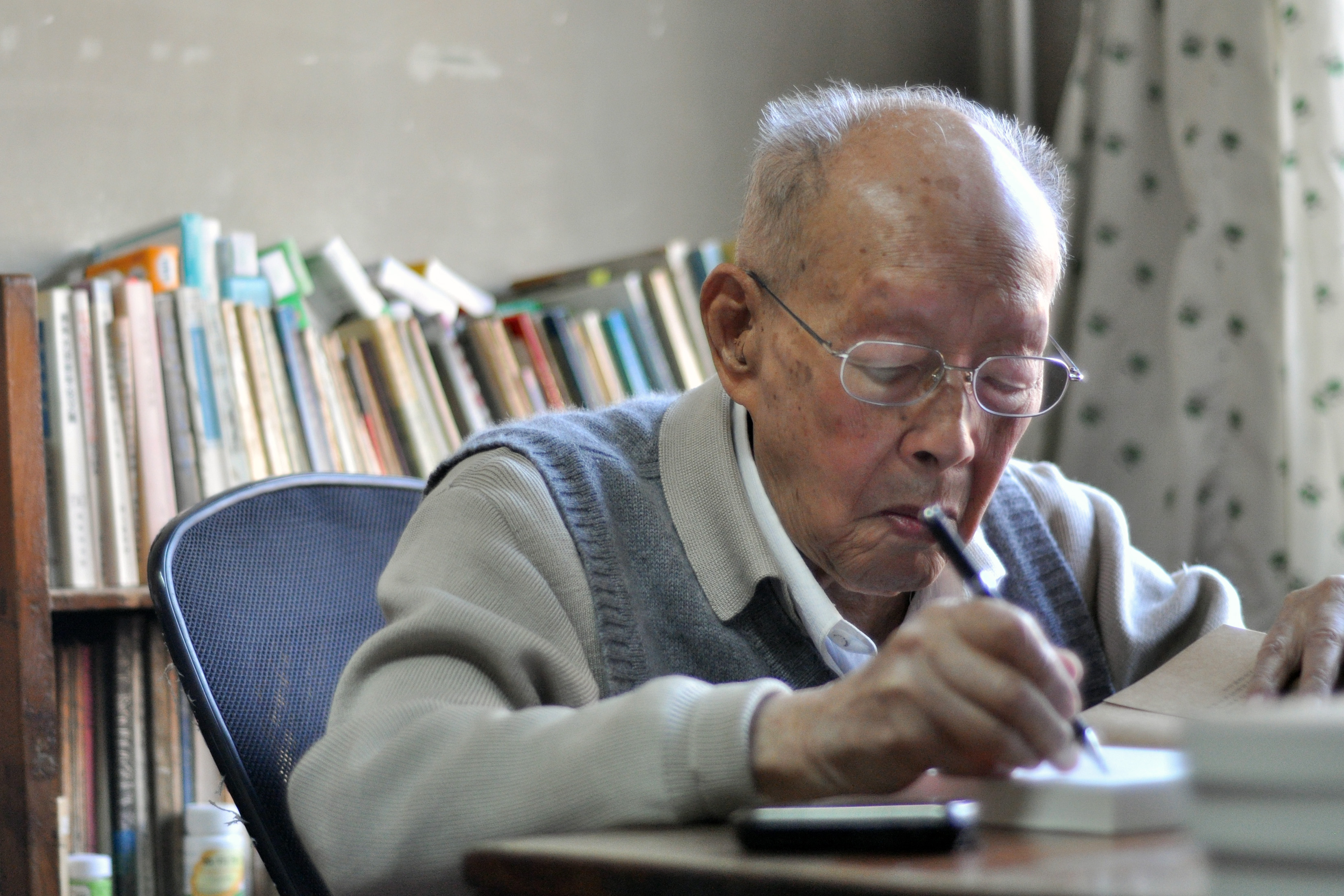Zhou Youguang, the linguist who created the Hanyu Pinyin system, died in his Beijing home on Saturday (Jan. 14) at the grand age of 111. He had just celebrated his birthday the previous day.
Zhou's Pinyin system of matching Chinese characters to the Roman alphabet has, needless to say, contributed greatly to the learning of Mandarin. Especially for those of us who jiak kan tang (grew up only knowing English).
Today, generations of Singaporeans, who have taken Mandarin as their Mother Tongue in school, would have learnt to read Chinese characters using Hanyu Pinyin.
Many of us would have fond memories of scribbling the Hanyu Pinyin (as well as the four inflections) of particularly difficult Chinese characters, when we were in school.
Born in 1906, Zhou attended St. John’s University in Shanghai before moving to the U.S., where he worked as a banker on Wall Street for a period.
Returning to China after the communists' victory in 1949, he developed the Hanyu Pinyin system, after being assigned to a committee tasked with improving the Chinese writing system.
As an intellectual, Zhou was not spared the perils and pitfalls of the Cultural Revolution. He spent two years during that time in a labour camp.
In his later years, Zhou was a prolific author. He wrote books that criticised the Chinese Communist Party, and called for political reform in China.
Top image from Wikipedia.
If you like what you read, follow us on Facebook and Twitter to get the latest updates.
If you like what you read, follow us on Facebook, Instagram, Twitter and Telegram to get the latest updates.
